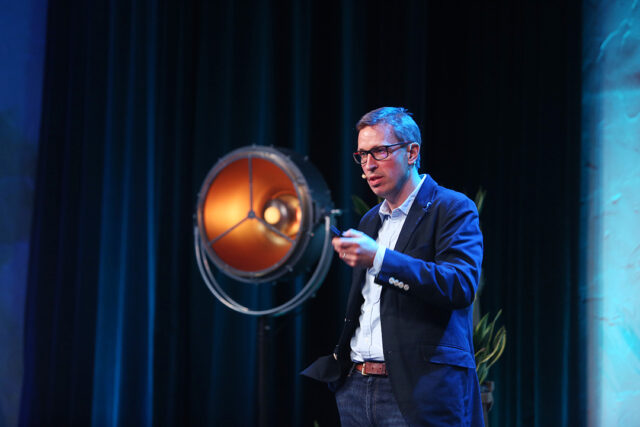The supplier ecosystem is increasingly the organisational structure that creates the most benefits for the procurement process. Supply chain and procurement leaders that recognise and embrace their organisations’ interconnectedness within the larger value chain will be much better positioned to reap its rewards.
However, supply chain leaders and CPOs with a more traditional outlook might baulk at the idea of blurring the lines between their own organisation and multiple outsiders. It’s an understandable fear. Gartner’s list of cybersecurity trends for 2024 identified the “inevitability of third parties experiencing cybersecurity incidents” as a major contributor to security teams reassessing their approach to threat management.
Nevertheless, some experts argue that trying to draw clear lines around the edge of something as porous as a supplier ecosystem is futile. “Whether we realise it or not, we are already operating in interconnected ecosystems,” explains Simon Bailey, a VP Analyst for Gartner Supply Chain. He adds that, for supply chain leaders, “recognising the interconnectedness of their partners is the key to ecosystem enlightenment.”
Therefore, the necessity of developing a more interconnected ecosystem approach to supplier management means that trust is a vital resource to be managed, cultivated, and closely scrutinised within the modern supply chain.
Cultivating trust in the ecosystem with data
“All ecosystems depend on trust. Trust is the key to unlocking the sharing of resources and, most especially, data,” argues Bailey. A Gartner survey of more than 300 business leaders found that, when rating criteria used for selecting a partner, having “partners we can trust” was the number one response. 87% of respondents stated that trust was “very or extremely important.”
One of the biggest obstacles to trust is an unwillingness to share data. “trust is difficult to build,” Jan Simons, Head of Industry at Ordina, said in a recent interview. “Many organisations are reluctant to share data because they consider it too sensitive or simply don’t want competitors or even partners to know too [many] details.”
However, while building trust takes time, it’s vital that all the partners involved see eye to eye and collaborate on data quality, privacy, usage and sharing. It’s a difficult and complex process, especially among organisations with different internal operating models, but finding ways to document and demonstrate your own trustworthiness will go a long way, as will effectively evaluating a partner’s own methodologies.
Building trust is necessary because trusting partnerships have the potential to “elevate the scope of the ecosystem beyond individual partner goals and, instead, build a sense of collective ownership and alignment among otherwise independent entities,” Bailey adds. “Trust drives up the level of value that an ecosystem can generate. It can also reduce risks, such as the likelihood of failure of technology initiatives.”
- Collaboration & Optimization
- Sourcing & Procurement










